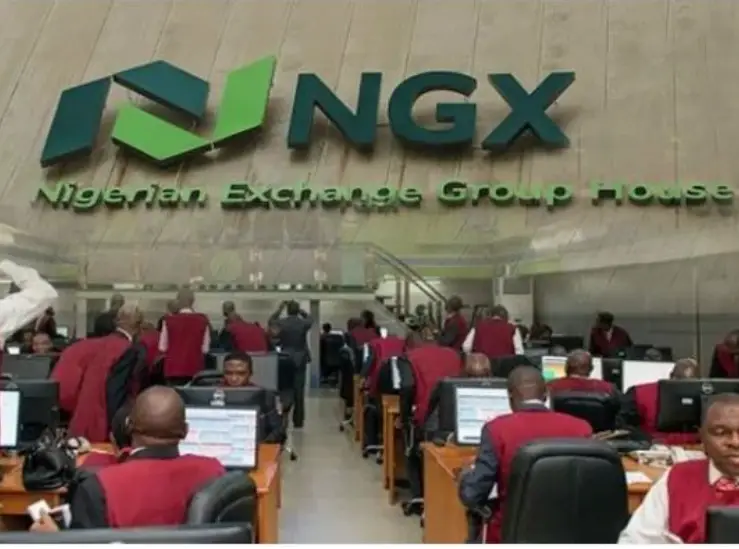In a major step toward addressing youth unemployment and promoting entrepreneurship, the African Development Bank (AfDB) has approved a $100 million investment to establish the Nigerian Youth Entrepreneurship Investment Bank.
This specialised institution is aimed at supporting young business minds in Nigeria and across the continent.
The announcement came during the 14th Convocation Lecture of the National Open University of Nigeria (NOUN) in Abuja, where AfDB President Dr. Akinwumi Adesina delivered a keynote address titled, “Advancing Africa’s Positioning within Global Development and Geographical Dynamics.”
Dr. Adesina underscored the importance of entrepreneurship as a sustainable solution to unemployment, noting that Africa is globally recognised for its entrepreneurial spirit.
“The key to solving unemployment is entrepreneurship” he stated, citing data from the Global Entrepreneurship Monitor (2020), which revealed that 22% of Africa’s working-age population is engaged in entrepreneurial ventures.
The youth bank is expected to provide both debt and equity financing, along with technical support and business development services tailored specifically for young entrepreneurs.
It will also focus on fast-growing sectors such as agriculture, retail, services, and technology, especially in light of projections that Africa’s digital economy will contribute $180 billion to GDP by 2025 and grow to $712 billion by 2050.
Additionally, Dr. Adesina spotlighted the Investment in Digital and Creative Enterprises (iDICE) programme, which aims to boost Nigeria’s creative and tech sectors.
The initiative has already secured $614 million in funding from a coalition that includes AfDB, Agence Française de Développement (AFD), the Islamic Development Bank, and Nigeria’s Bank of Industry. The programme is projected to generate over six million jobs and inject $6.4 billion into Nigeria’s economy.
However, the AfDB President also raised concerns about the continent’s lag in education, particularly in science and technology disciplines essential for the Fourth Industrial Revolution.
He revealed that only 43% of African youth complete secondary education, in stark contrast to Japan’s 98.9%. Moreover, just 10% of African youth pursue higher education, compared to 60% in Japan, and fewer than 25% of African university students are enrolled in STEM fields, as opposed to 30% in Japan.
To counter this challenge, Adesina shared that AfDB is working alongside the African Union to set up a $300 million African Education, Science and Technology Innovation Fund.
The fund will focus on emerging fields such as robotics, artificial intelligence, cloud computing, and other advanced technologies to bridge the education gap and position Africa for future competitiveness.
Beyond financing and education, Dr. Adesina also called for deeper structural reforms across African economies. He urged governments to prioritise investments in energy, mining, and technological infrastructure to build long-term resilience. He cautioned against over-reliance on external support, stressing the need for African nations to build robust economic buffers.
Former INEC Chairman and Chairman of the convocation, Prof. Attahiru Jega, described Dr. Adesina as a “visionary leader” and commended his role in advocating for Africa on the global development stage.











